Until next March, the iPhone XS and Samsung Galaxy S9 will be the only phones considered by many. Whether you're an Apple fan wanting to see how your new phone stacks up against the competition or a buyer on the fence, here's how the latest flagships from the two biggest brands compare.
This year's competition is one of the best in years. With Apple once again releasing three iPhones, their lineup directly competes with Samsung and their three flagship phones. For those of us with smaller hands, the XS Plus and XR are out of the question. Until Apple re-releases an iPhone SE, the 5.8" iPhone XS is the only option. Here's how it compares to the smallest entry in the Samsung Galaxy S lineup.
Chart

Jon Knight/Gadget Hacks
Display
Once again, Apple has included an OLED panel in their phone. The iPhone XS uses Apple's Super Retina HD display, which delivers higher pixel density than non-Retina Apple products. However, Apple is still not ready to make the leap to QuadHD for their entry-level phone. Instead, they opted for a resolution of 2436 x 1125, the same as the iPhone X. This is especially disappointing since the additional pixels make images and videos look better.
On the Galaxy S9, this is a different story. Samsung also included a 5.8-inch display that uses their Super AMOLED panel. However, unlike the XS, there is no display notch, and it has a resolution of 2960 x 1440. This combination leads to an incredible 568 pixels per inch, more than 24% sharper than the iPhone XS.

Amboy Manalo/Gadget Hacks
Cameras
For our mobile photographer out there, this is another tight race. The iPhone XS sports dual cameras, and both are 12 MP, with one being a telephoto lens and the other being wide-angle. Both have optical image stabilization.
However, specs are only one side of the story. Thanks to the A12 Bionic SoC, image processing is improved, so the XS is able to process more data at a faster speed. The result is better imaging despite "only" having two 12 MP sensors.
On the Samsung side, the Galaxy S9 sports only one camera, but it is unique. Unlike most camera which have one aperture, the S9 has a two, which can adjust automatically depending on lighting. This variable aperture allows for better photos when there is enough lightning, as well as when you are in darker areas.

Amboy Manalo/Gadget Hacks
As for the front camera, Apple brings its TrueDepth system and all its sensors to the XS, resulting in an improved front-facing camera. Samsung, which doesn't offer a similar feature, instead relies on a single 8 MP camera.
Storage & Battery
In the storage department, the battle is pretty close. The iPhone XS offers a larger amount of internal storage at 512 GB, double the largest from Samsung. Both have 64 and 256 GB options but the S9 also has the 128 GB for those who need more than 64 GB of storage but think the increase in price for the 256 GB isn't worth it. Additionally, the Galaxy S9 support microSD cards for up to 512 GB of additional storage.
As for the battery, the story is the same as in years past — Apple uses a smaller battery capacity but delivers better battery life thanks to the power efficiency of the Apple-developed SoC and OS. While the exact battery capacity is unknown at the time, we are sure that Apple will stick with around the same capacity as 2017's iPhone X, which was 2,716 mAh. While this is lower than S9s' 3,000 mAh, both should deliver all-day battery life, with Apple claiming battery life is greater than that of the iPhone 8.

Samsung Galaxy S9 still has its headphone jack.
Price
The biggest difference and one that might be the deciding factor for those on the fence is the price. When the Samsung Galaxy S9 released in March, it retailed for $719.99. However, now that several months have passed, its price has come down. Currently, the 64 GB model is priced as low as $619.99 in some places. When compared to the iPhone XS's starting price of $999.99, this is the only area XS can't compete.
Conclusion
These two phones are among the best offerings available for their respective mobile operating systems. Both offer similar specs to their large counterparts, with only the screen size being different.
At the end of the day, iPhone XS users can be happy that their phone competes well against the Samsung Galaxy S9. Except for price, the iPhone XS is either competitive or better in each specification.
- Follow Gadget Hacks on Facebook, Twitter, YouTube, and Flipboard
- Sign up for Gadget Hacks' daily newsletter or weekly Android and iOS updates
- Follow WonderHowTo on Facebook, Twitter, Pinterest, and Flipboard
Cover image by Straits Times/YouTube and Amboy Manalo/Gadget Hacks









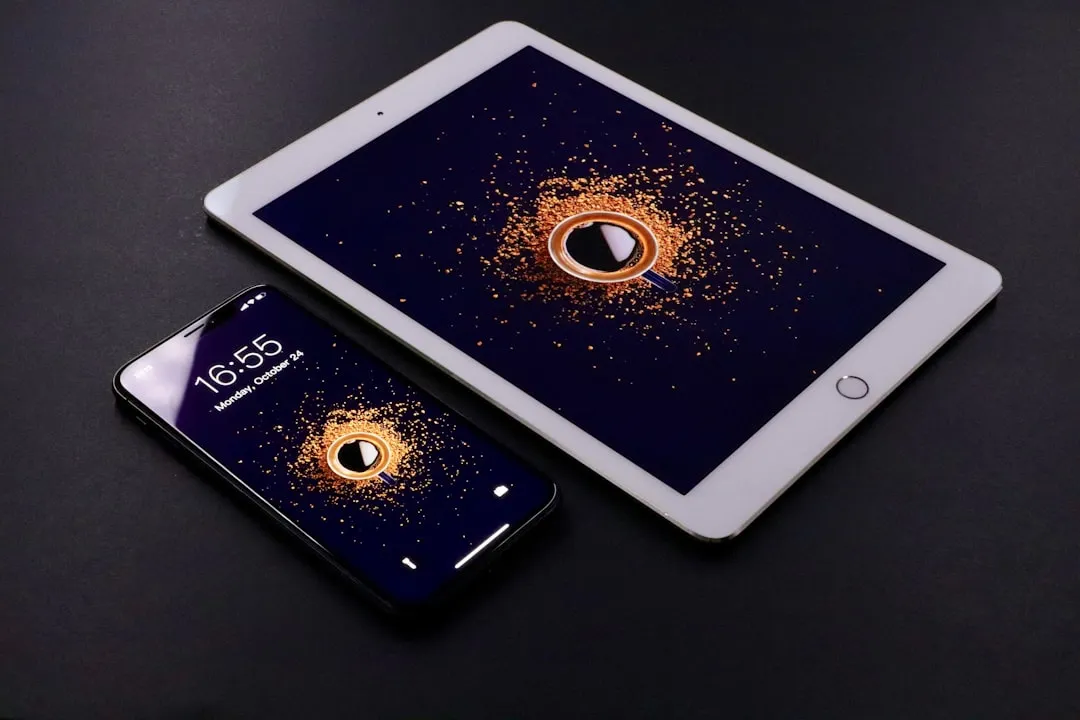
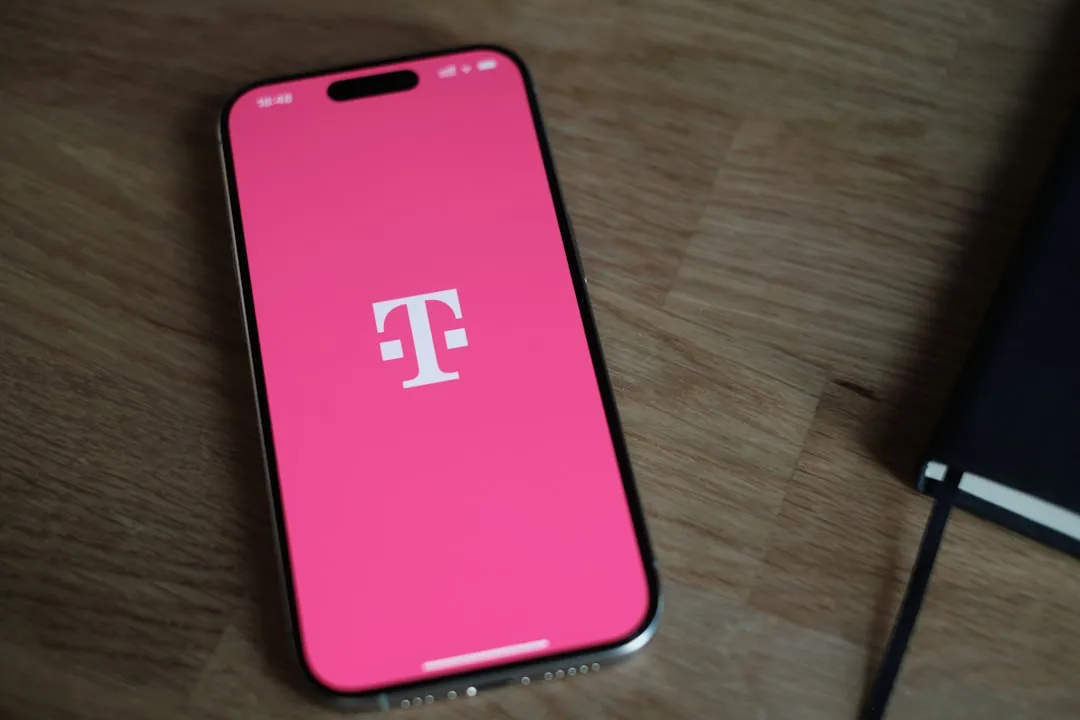
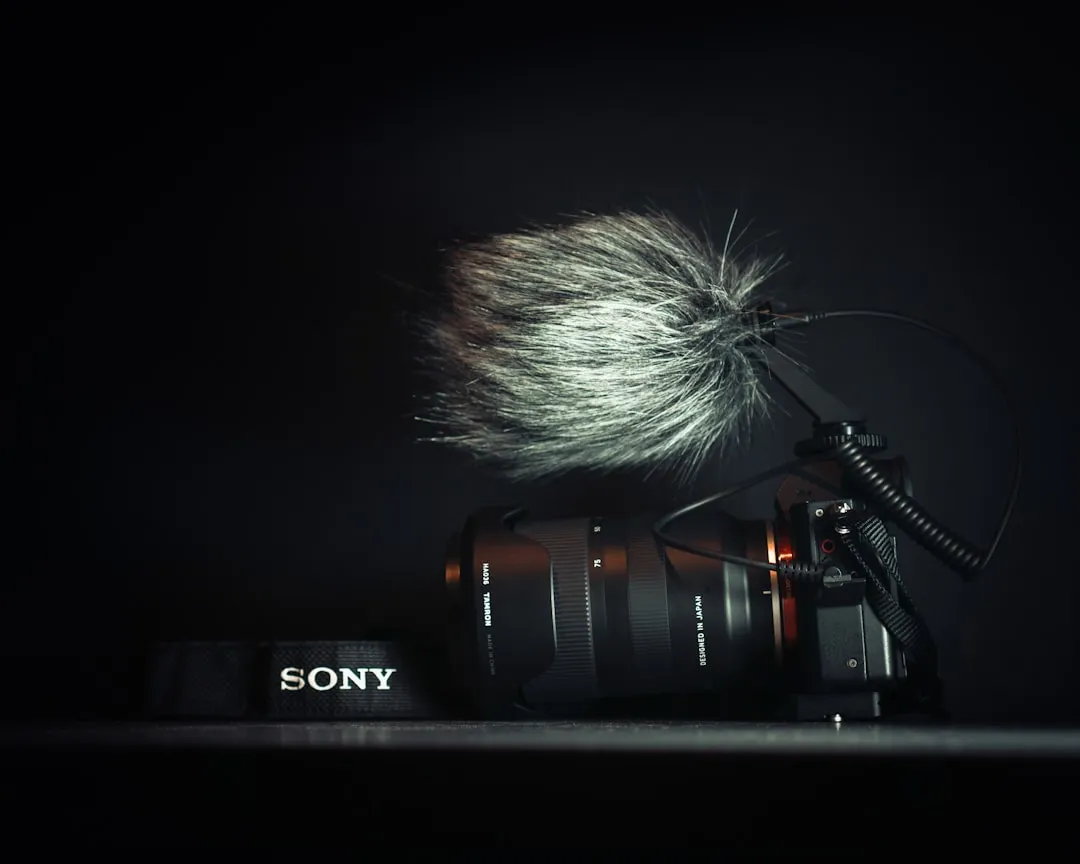
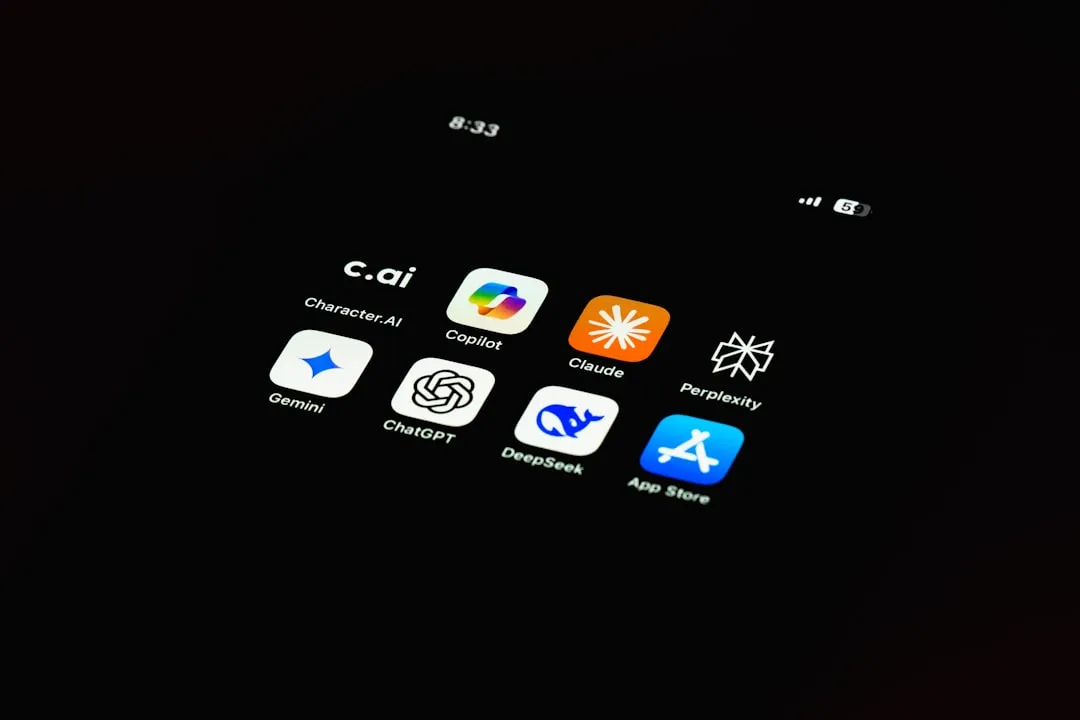


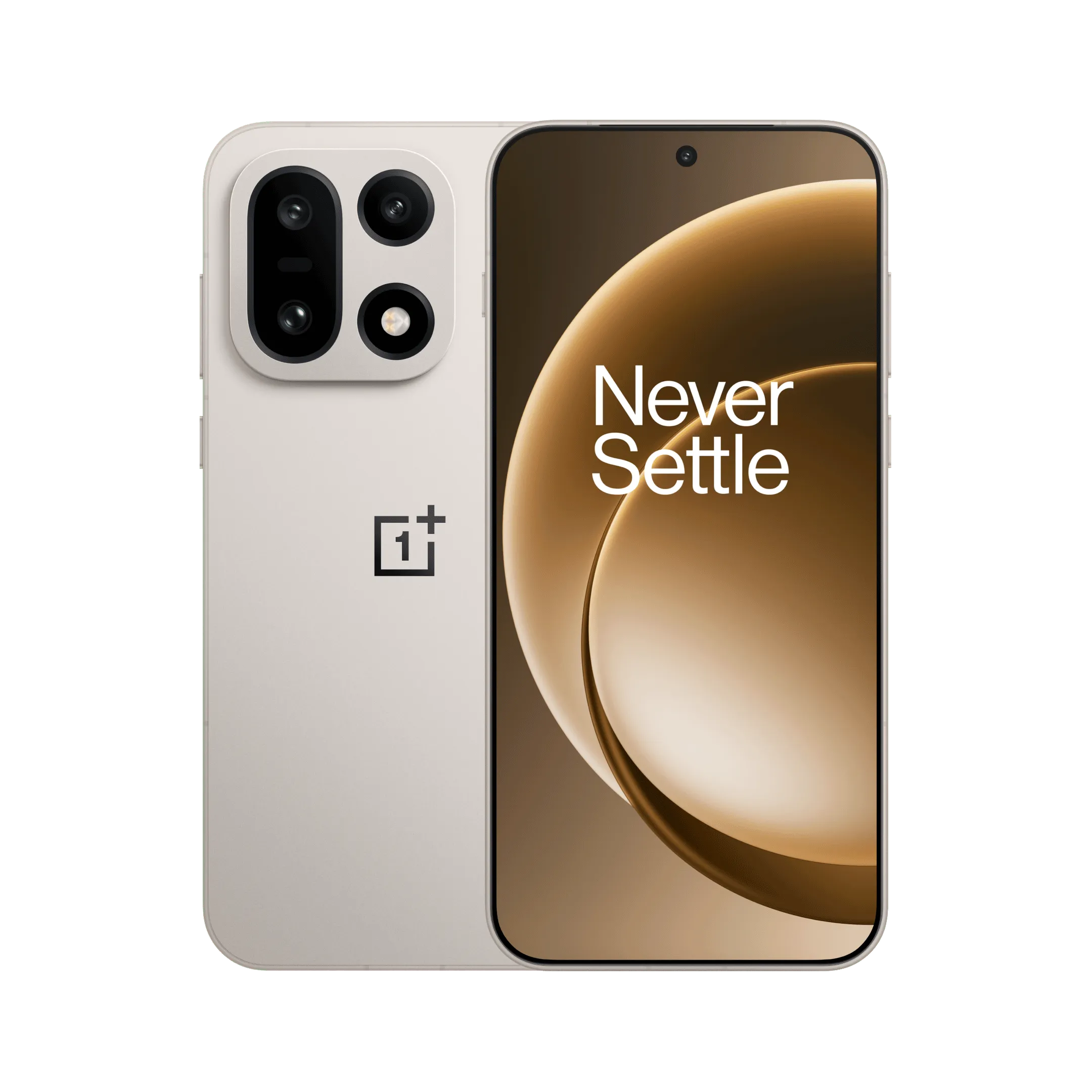












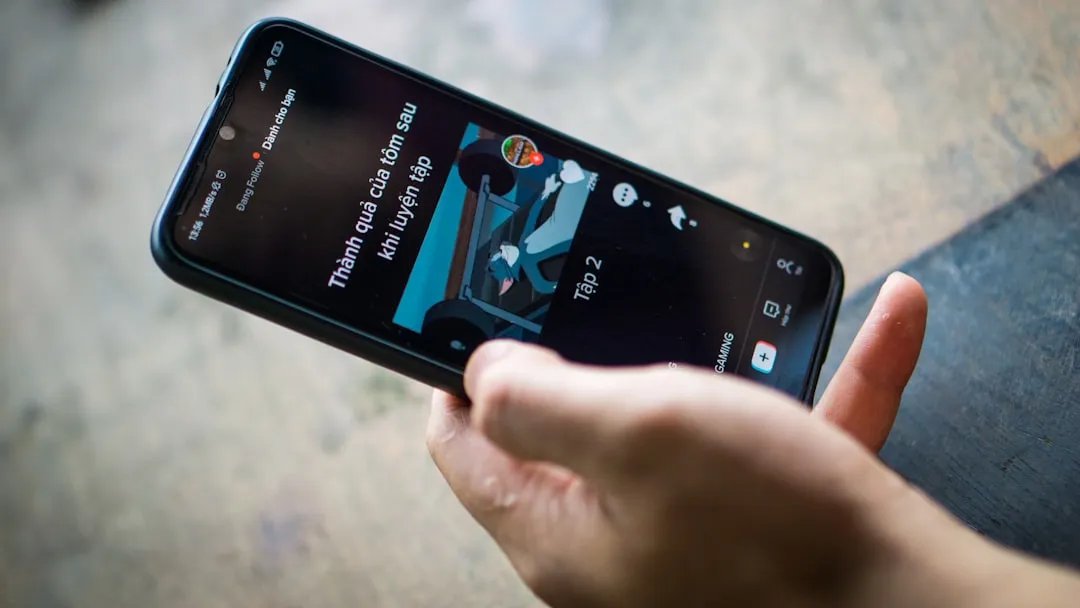
Comments
Be the first, drop a comment!